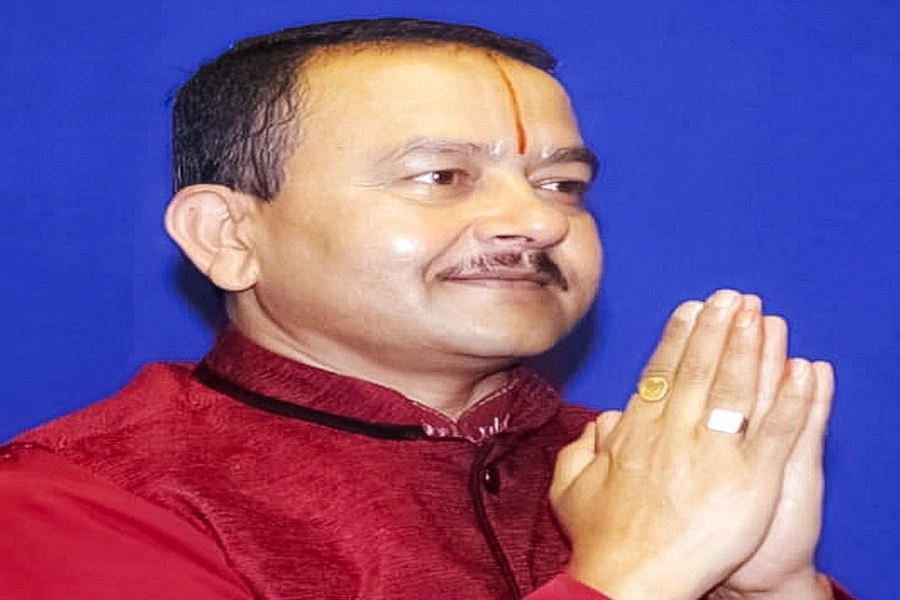KATHMANDU, Aug 4: Successive governments have been forming jumbo cabinets snubbing recommendations from various administration reform committees formed at different points of time.
As the new government takes over the reins of power from Thursday, people are already wondering whether it will honor the directive from the State Affairs Committee of Legislature Parliament to abide by the recommendations to reduce the size of the government made by the High-level Administration Reform Suggestion Committee on January 3, 2016.
The government is expected to follow the instructions from House committees and implement the recommendations made by the High-level Administration Reform Suggestion Committee (ARSC), said Kashi Raj Dahal, chairman of the Administrative Court, who also heads the High-Level Administration Reform Monitoring Committee.
Dahal, however, said successive governments have often ignored recommendations on administrative reforms. "Every party promises efficient and accountable governance when not in power but forgets that mantra while holding power," he said.
There were only 21 ministries when late Girija Prasad Koirala led the first democratically elected government in 1991. His government had formed a high-level Administrative Reforms Commission with the mandate to suggest changes to the new political regime. The committee had recommended reducing the size of the civil service by 15-20 percent and the number of ministries to 18 from 21.
Nearly 20 years later, another High-level Administration Reform Suggestion Committee (ARSC) was formed for similar purpose. Submitting its report in April 2014, the committee had also advised the government to limit the number of ministries to 18 until the federal system comes into practice. The committee is for slashing the number down to 12 under the federal structure.
The committee's recommendations, however, seem to be gathering dust.
KP Oli led government became the latest in the series of governments to expand the cabinet well beyond recommended limits, taking the number of ministries to 31.
There are enough indications to suggest that the newly-formed government will not become able to slash the number of government ministries, given the lack of coalition culture among political parties and greed for power among leaders, said former chief secretary Leela Mani Paudyal.
“All new governments add ministers in an apparent bid to secure the support of political parties to prolong their government's tenure at the cost of national coffer.”
Political parties raise the issue of good governance when they are in opposition but look the other way when in power, Dahal said.
“The major reason for reducing the number of ministries is to cut down the administrative expenses and carry out development efforts in a more coordinated approach,” Paudyal said. “The trend of splitting ministries and forming jumbo cabinet not only results in unnecessary expenditure but also weakens service delivery,” he said.
It is yet uncertain whether Dahal will endeavor to reduce the number of ministries. But one thing is clear, the government cannot live up to the peoples' aspirations without taking visible steps toward efficient governance, Paudyal told Republica.
RSP ministers vacate quarters despite continued support for gov...
_20230226123652.jpg)






-1200x560-1772467693.webp)






























